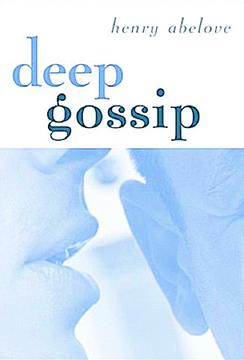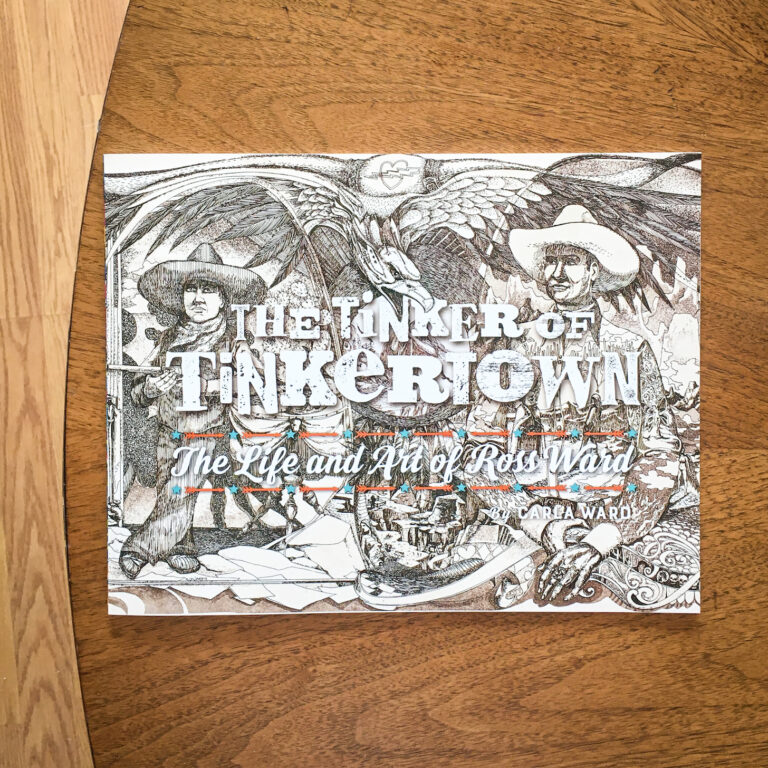The book brings together six essays, four previously published but hard to find. The titles of the essays give a sense of the book's scope. “Freud, Male Homosexuality, and the Americans” tells the woeful story of how American psychoanalysts, beginning in the '40s, rejected Freud's repeated insistence that “everybody's sexuality was homosexual in large part.”
“Some Speculations on the History of Sexual Intercourse during the Long Eighteenth Century in England” presents a wonderfully provocative thesis about the invention of foreplay and the rise, as Abelove puts it, of “sexual intercourse so-called (penis in vagina, vagina around penis, with seminal emission uninterrupted)” to the position of number one on the official hit list of sexual acts.
“From Thoreau to Queer Politics” asks us to consider how Thoreau's Walden might also constitute “the first queer action” in its speculations about life “outside the discourses of domesticity, romantic love and marriage.” The way Abelove relates his own experience as a year-long member of the Salt Lake City chapter of Queer Nation to his interpretation of Walden is delightfully instructive and refreshingly self-effacing.
In “The Queering of Lesbian/Gay History,” Abelove recounts the challenges of a university teacher whose queer students' sense of empowerment makes them partially blind to the genesis of their own liberation. As he puts it, “They sometimes imply or even say to me—and I have to tell you that I find this reaction of theirs painful—that the lesbian and gay histories I assign are not their history.”
“American Studies, Queer Studies,” the most controversial essay, suggests that the formation of American studies as an academic discipline was predicated on a now-repressed question about the role of same-sex eroticism in early American democracy.
“New York City Gay Liberation and the Queer Commuters” shows how the works of expatriate writers like James Baldwin, Elizabeth Bishop and Paul Bowles allowed the Gay Liberation Front of the '70s to link the fight for gay and lesbian rights in the United States to the struggles of decolonization in the third world.
Because of its clarity and jargon-free concision, Deep Gossip is a superb, eminently readable introduction to what is at stake in the notion of queerness. The essays, diverse in content, are unified by Abelove's sense of the pitfalls of thinking about homosexuals as a minority. At the core of the book is a nuanced argument for the shift from a politics of identity and demonstration to one of “action” based on an historical and psychological awareness of what same-sex eroticism really means. As he puts it, “If we say, ’We're here, we're queer, we're fabulous, and we designed everything you're wearing,' then we assert not our marginalization but rather our centrality. This claim, as we nowadays may make it, is less than a conviction but more, I should say, than just a hope.”









